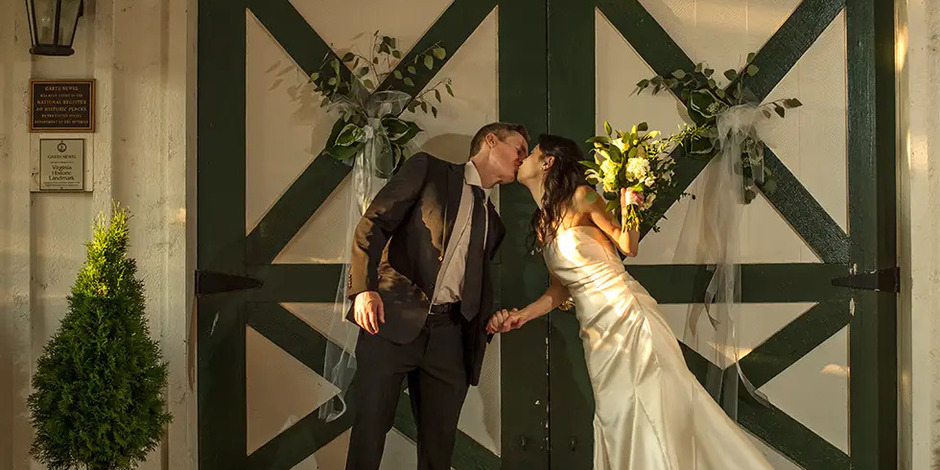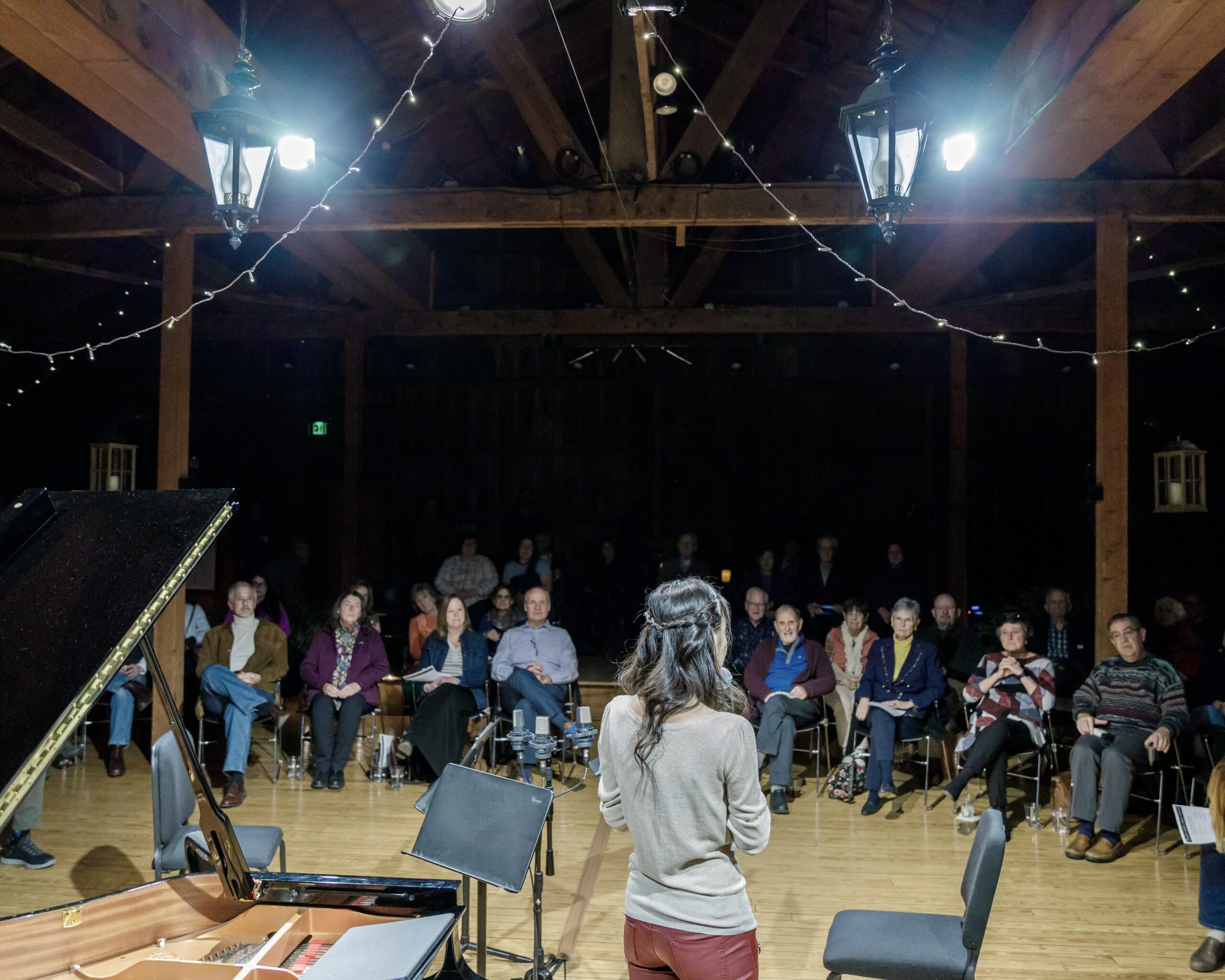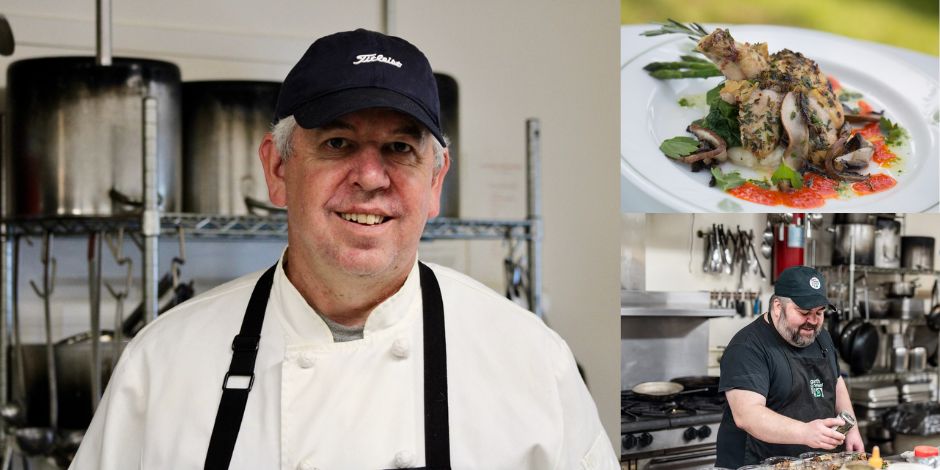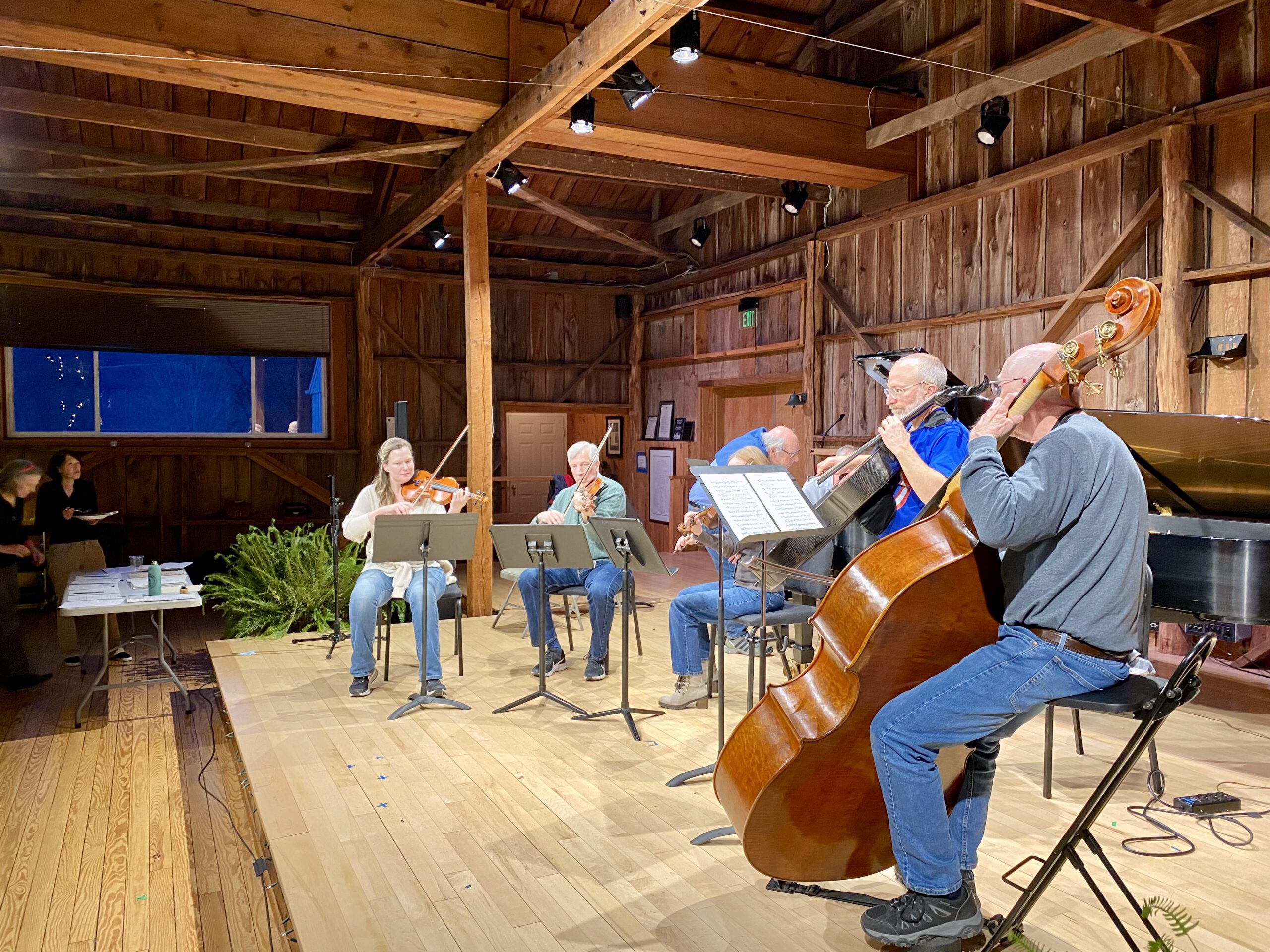
The hardest thing to put into words is the feelings you’ve forgotten about that only surface when listening to music.
Clouded with the dust of the everyday mechanics, your brain doesn’t compute it when it hits you. So it comes to you with a roil, drifts away in wisps. That’s why people often use words like “evocations of”, “stormy”, a “whirl” when describing a piece, for the feeling itself is quite specific, but we’ve gotten rusty with how to articulate it.
Sometimes talking about music can feel like learning English for the first time. I know most musicians certainly feel that way. There’s a reason we chose to go into music and not writing. We can convey the specific feeling of a certain work through our instrument, but to find the right word to describe that emotion takes so much longer. I sometimes have a deep fear that what I’ve written is not true, and therefore find it more accurate to simply describe the memory of the feeling instead of the feeling itself. We’ve probably never thought about the feeling as an entity TO describe, but we can easily say what the circumstances were that brought it about.
For example:
My first experience with Faure’s Piano Quartet no.2 was the summer before I started my doctorate, about 5 years ago in the beautiful and isolated ski resort of Taos Music Festival (a magical place that Garth Newel reminded me of). My memories of working on and performing the piece was of being in the heat of nature, searching for relief that came by in brief flashes of light. A lot of my searching came from being in that particular point in life where I was, battling the desire to win approval from my musical mentor, Robert Mcdonald, with my own knowledge of myself. Mcdonald was my first non-family piano teacher at age 11, and to this day remains the most important influence on my musical growth. As his only student under the age of 23, he and I had a unique relationship that I am always grateful for; he did not dumb down any concepts to me, and seemed to see my eager mistakes as steps forward instead of causes for criticism. Always kind and caring, I knew that he was harder on his adult students, but I didn’t fully experience until Taos how meticulous and unmerciful he could be. This was all because he is probably the most sincere musician I know, and took integrity and perfection very seriously in being a musician. He did not accept any playing from me that was not the absolute best I was capable of, and for that belief I am so grateful, even though I can’t say there were not many tears involved. His coaching of our Faure at the time were brutal, and I seemed to fail at every moment. However, this made me appreciate the piece that much more, because the ups and downs of my own journey was melded to the trajectory of the work itself. Rehearsing it within the dramatic mountain vistas of Taos, New Mexico tied the music to the emotions I experienced on an unbroken hike, where your goal was so clear, but the way there required constant vigilance and hunger to see the wide stunning landscape from the top.

In this way, Faure’s 2nd piano quartet recalls for me wildness of nature, sometimes cruel, raw, but breathtaking if you stand still in it. Wuthering heights comes to mind, a literary association not typically tied to Faure, but this quartet is an anomaly right from the beginning. Torrential in the first movement, with a boiling piano texture under impassioned sweep of the strings. Inhuman and anxious in the second, nostalgic and hazy in the third, and fighting and furious in the last. We will be performing it at Garth Newel on April 23, at the Charleston Chamber Music Society on April 29th, and at the Taubman museum on May 7th.

